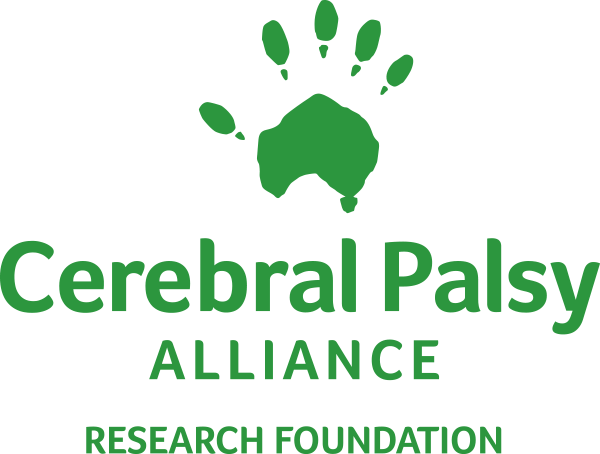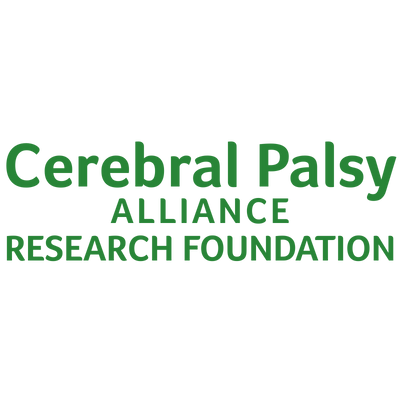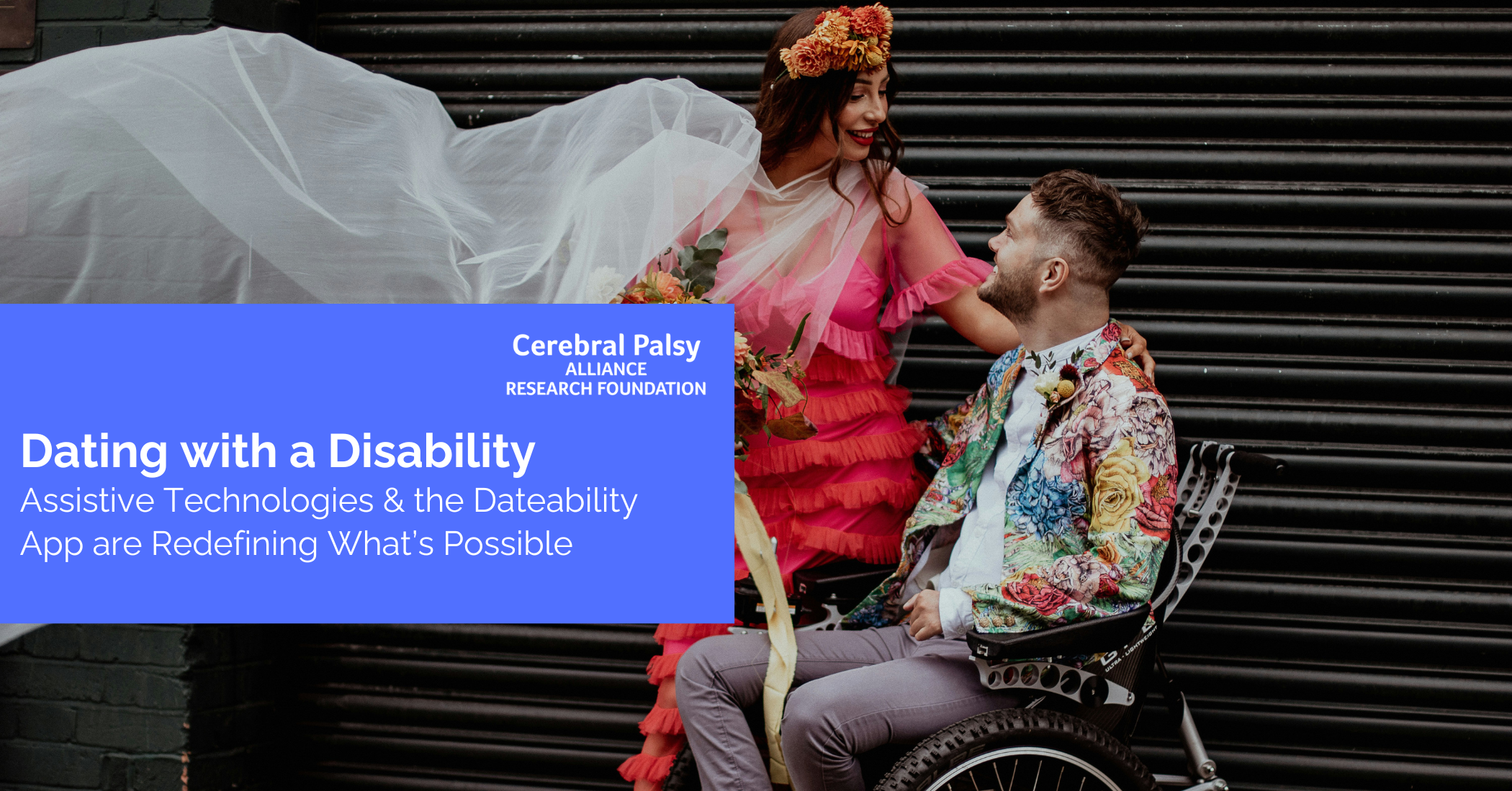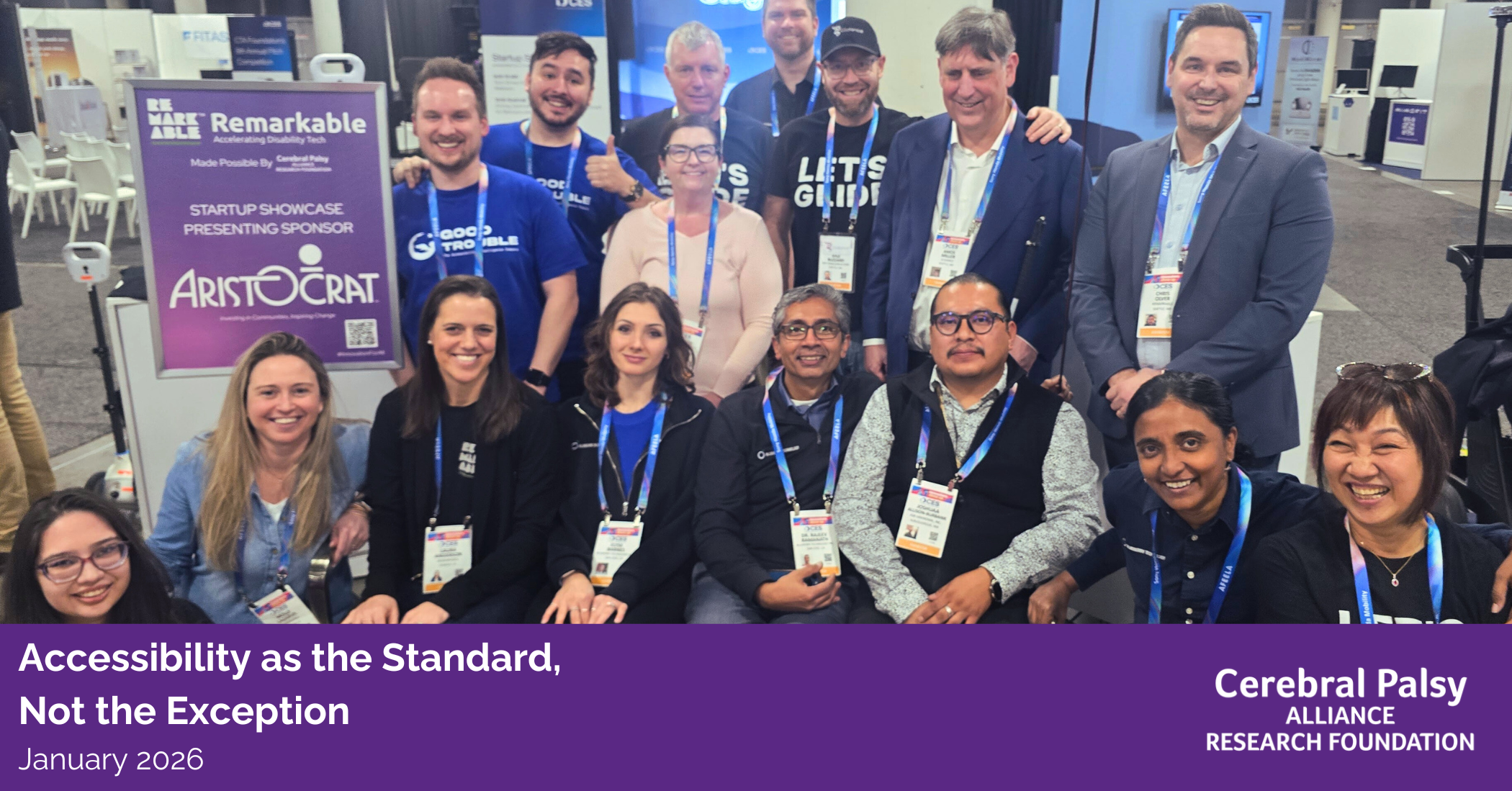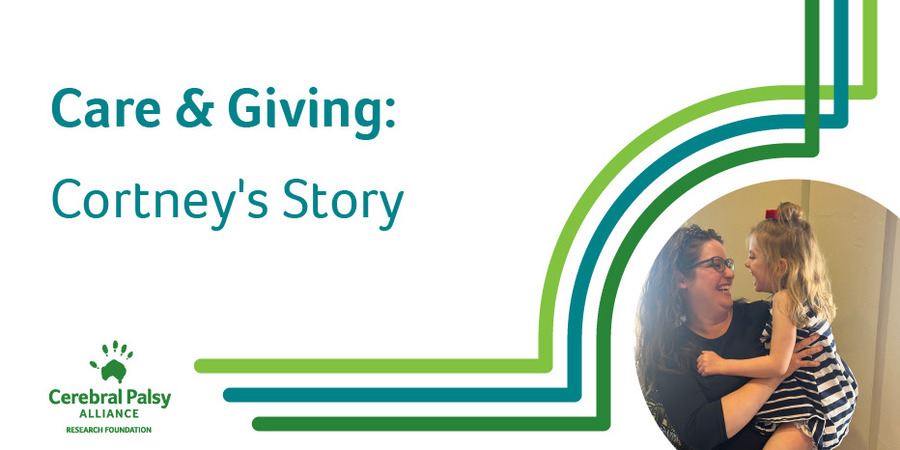
CARE & GIVING: Cortney’s Story*
Today, Cortney continues to explore what she wants parents of nondisabled children to know and what they should share with their kids about disabilities.
Although I am happy to advocate for Scarlett and educate others — especially children — about cerebral palsy, parents have much more influence over their children’s ability and drive to understand and accept disabilities. I think there are few things families can do to facilitate a better understanding of disability. For example, some practical things you could do could include, but aren’t limited to, enrolling your child in an inclusive school, sports club, or dance class if they are available in your community; volunteering with an organization that supports disabled people and their families; and reading books by disabled authors. I am currently reading and highly recommend Demystifying Disability by Emily Ladau.
If you have a coworker, neighbor, fellow community member, or church member who has a child with a disability, offer to set up a playdate. My kids are always excited to go on playdates — especially with new friends!
Also, please, please, PLEASE, do not use the accessible stalls in public bathrooms if others are open, and teach your children the same courtesy. It may sound small, but this is a significant pain point for me (and probably others). My friends and family can vouch that I am a very easygoing person in general, but nothing makes me angrier than going into a public restroom with Scarlett and finding the accessible stall taken by individual who can use another stall.
Most parents know how hard it can be to toilet train children, but it’s exponentially more difficult to toilet train a child with a disability. Cerebral palsy affects every aspect involved in the process, from the fine motor skills associated with handling clothing, to balance and strength getting on and off the toilet, and even the child’s ability to feel and process the bodily mechanics associated with going to the bathroom. Going to the restroom in public takes so much more time for us, and grab bars are essential equipment. So please do not make us wait for you if you do not need them.
Finally, parents who do not have a child with a disability should know that, even though the Americans with Disabilities Act is more than 30 years old, the world is still not very accessible, and there are not very many things that are sacred for people with disabilities. Honoring things like bathroom stalls with grab bars and accessible parking spaces are easy things that everyone can do to support people with disabilities and their families. It’s small, but when these things aren’t honored, we do not feel seen. You don’t have to understand what we are going through but doing the small things that recognize our existence makes a big difference.
Moved by this story? Donate to CPARF to keep cerebral palsy research and disability innovation moving forward.
*Cortney's story is part of CARE & GIVING. This series covers a few different aspects of the cerebral palsy community. It features the experiences of those who care about and for people with cerebral palsy, including parents and caregivers, therapists, paraprofessionals, and other allies. It also highlights donors who have made it their mission to move cerebral palsy forward, because care and giving go hand in hand.
The CARE & GIVING blog is intended solely to raise awareness about the varied human experience with cerebral palsy and shouldn't be read or construed to contain any medical advice or medical endorsement by Cerebral Palsy Alliance Research Foundation. Only you and your doctor know what's best for you. Please consult your doctor for medical advice.
Wed 11 Feb 2026
An update on one of our most important initiatives: expanding access to life-changing assistive technology for Native Americans with disabilities.
Fri 23 Jan 2026
An update on one of our most important initiatives: expanding access to life-changing assistive technology for Native Americans with disabilities.
